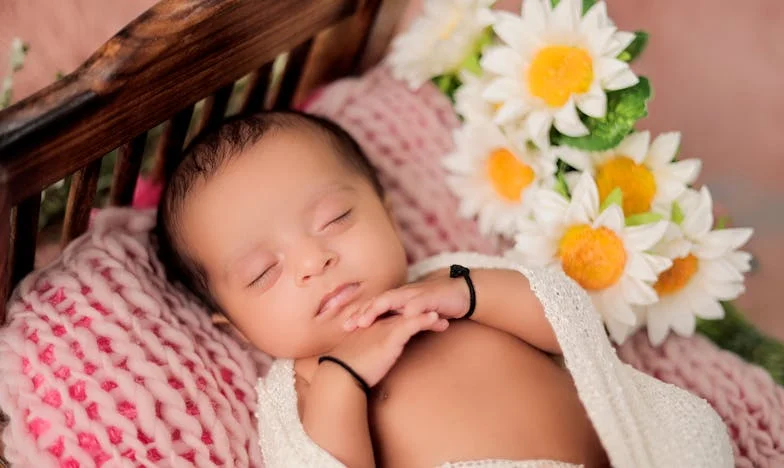The Last Fireworks: Grandpa Larry’s Brave Stand
“Get down!” Grandpa Larry’s voice cut through the laughter of the parade like a siren. I didn’t even see the gun at first—just the panic on his face, the way his body moved between me and the chaos. The air was thick with the scent of hot dogs and sunscreen, the crackle of fireworks, and the shrieks of kids chasing candy thrown from floats. For a split second, I believed nothing could go wrong on the Fourth of July.
But then the shots rang out. I remember how heavy my eight-year-old brother, Mikey, felt in my arms as I dragged him behind the metal barrier. My mom screamed for us—her voice raw, frantic. Grandpa Larry didn’t run. He stood, arms out, a human shield between us and the man with the gun on Main Street. The red, white, and blue bunting fluttered in the wind, as if waving goodbye.
I saw the shooter’s face for just a second: a young man, eyes lost, firing into the crowd. The world became a tangle of sound—sirens, screams, my heart pounding like a drum. Grandpa Larry turned his head, caught my wide-eyed stare, and yelled, “Stay down, Katie! I got you!”
Everything moved in slow motion. The fireworks overhead burst in time with the gunfire. Grandpa Larry’s body jerked, then slumped. I didn’t understand at first. I only realized what happened when Mikey started wailing, and Mom crawled over to pull us close.
After the police arrived, after the chaos ebbed and the shooter was dragged away in handcuffs, I stood up, knees shaking. Grandpa Larry was lying on the pavement, his white polo shirt blooming red. His lips moved, and I knelt, clutching his hand. “You’re safe,” he whispered, his eyes shining with tears and pride. “That’s all that matters.”
That’s the moment that changed everything. In the days that followed, our house filled with casseroles and neighbors offering condolences. My dad, usually stoic, sobbed openly at the kitchen table. Mikey slept with Mom every night. The empty chair at dinner, Grandpa Larry’s favorite recliner, the silence where his laughter should be—it all pressed in on us.
I tried to be strong, but everywhere I looked I saw him: at our backyard grill, teaching Mikey to ride his bike, humming along to old Johnny Cash records. My friends at school didn’t know what to say. Some kids whispered, some avoided me. My best friend, Lisa, sat with me at lunch, squeezing my hand in silent support.
The hardest part was watching Mom. She’d always been the glue in our family, but now she was unraveling. One night, I heard her on the phone with Aunt Carol. “He was supposed to die of old age, not like this. Not in front of the kids.”
Mikey started having nightmares. He’d wake up screaming about fireworks and blood. Dad tried talking to him, but Mikey just clung tighter to his stuffed bear. I found myself resenting the parade, the holiday, even the flag Grandpa Larry loved so much.
A week after the funeral, I found Grandpa’s old journal in his bedside drawer, tucked under an American flag bandana. Inside were stories about his childhood, his time in the Army, letters to my grandma who’d passed away years before. But what struck me most was a note scrawled in shaky handwriting: “Family is the only thing that matters in the end. Protect them, always.”
I showed it to Mom. She cried, but then hugged me tighter than she ever had. “Your grandpa was the bravest man I know,” she whispered. “He loved you more than life itself.”
The media called him a hero. They interviewed us for the evening news. Strangers sent letters and cards, calling Grandpa Larry a patriot, a symbol of American courage. But all I wanted was my grandpa back, telling dumb jokes and sneaking us extra ice cream after dinner.
The parade committee set up a memorial at the spot where Grandpa Larry fell. People left flowers, flags, and stuffed animals. Mikey and I visited every week, sometimes just sitting in silence. Mom said it was important for us to remember—not just how Grandpa died, but how he lived.
As summer faded, so did the country’s attention. But the hole in our family remained. We argued more. Dad lost his job, blaming his distraction on grief. Mom started seeing a counselor. I tried to be the strong one, but some days I just sat in Grandpa’s chair, hugging his old flannel shirt, breathing in the faint scent of pipe tobacco.
The next Fourth of July, we didn’t go to the parade. Instead, we sat on the porch, watching the distant fireworks. Mikey held my hand, and Mom wrapped her arms around us. We cried, but we also laughed—remembering the way Grandpa Larry would sing off-key to the national anthem, waving a sparkler like a flag.
Sometimes I wonder—if Grandpa Larry could see us now, would he be proud? Did his sacrifice give us a chance to heal, or did it break us in ways we’ll never fix? I’ll never know the answer. But I do know this: love is the bravest thing of all.
How do you move forward when a single moment changes everything? Is it possible to celebrate freedom when the cost feels so high?
